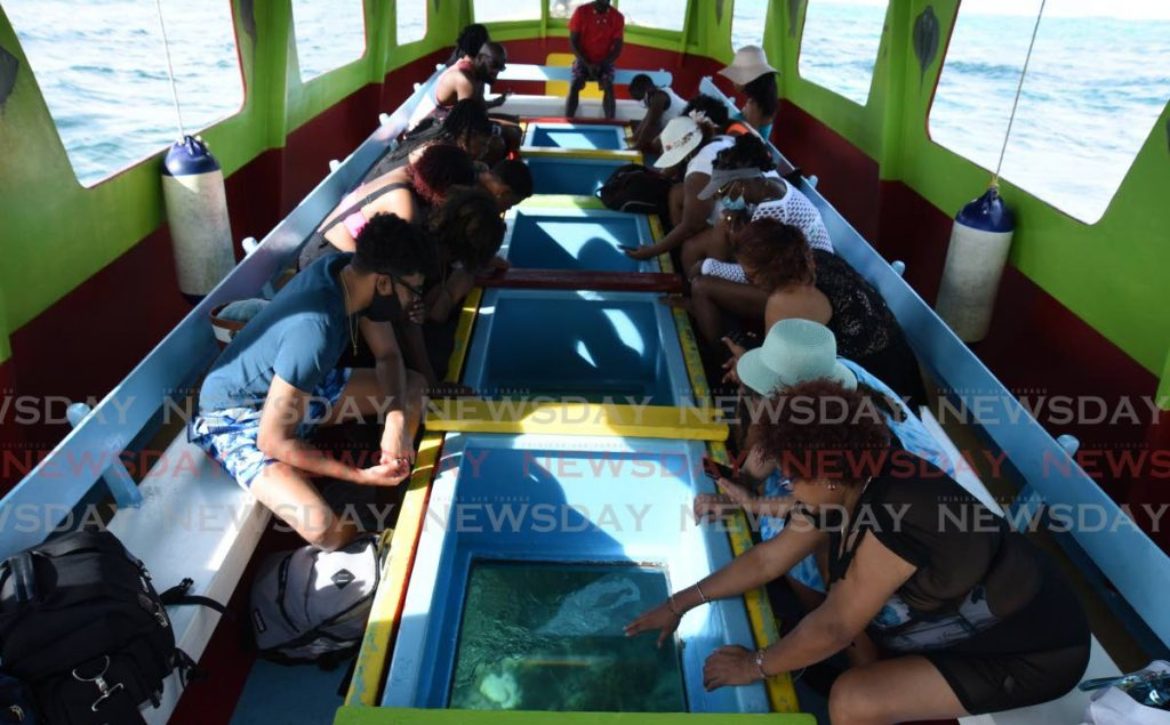
A global emergency
THE EDITOR: Our world is dying and there is no easy way to say it. And this isn’t in reference to the global covid19 pandemic. What I’m referring to is a crisis that has been ongoing for centuries – global climate change, an ecological emergency.
Climate change, a naturally occurring process that takes place over centuries, is now happening at an unprecedented rate within decades, accelerated and caused by human activities. The year 2020 was the worst in recorded history for the natural world. Global temperatures soared to an immense high, being 1.20C hotter than pre-industrial levels. We are now dangerously close to the 1.50C safety limit set by the scientific community through the Paris Agreement of 2015, which put forward the aim to reach carbon neutrality or net zero emissions by 2050.
However, we are currently far from the goals set and with effects becoming worse there is need for more ambitious goals to be achieved by 2030. With greenhouse gas concentrations constantly rising, we draw closer to possible extinction.
Over the past decade we have seen the populations of multiple animal and plant species being severely depleted and with an average of 160 species now extinct. Hurricanes and weather systems have become much stronger, causing more devastation to global communities and sea levels continue to rise at an ever increasing rate, thus affecting coastal regions. Rises in sea surface temperature have had devastating effects on marine life. Wildfires have been increasing and becoming more uncontrollable.
These are just a few of the ever growing list of effects. When the natural world is affected, we are all affected.
Action must be taken to save our natural world. COP26, to be held in November in Scotland, reviews the ongoing work being done by the parties signed under the agreement and the results of their efforts to meet climate goals set by the Paris Agreement.
What does this mean for TT? The economy is heavily reliant on fossil fuels, thus producing large amounts of greenhouse gases, resulting in TT being listed among the top 20 countries with the most greenhouse gas emissions. Our tourism sector relies on our natural environment and in order for it to thrive citizens must do their part.
Let’s face it, who doesn’t like a good beach lime, but it’s only made successful and better when the beach conditions are satisfactory. Right? No one likes going to the beach and seeing it filled with garbage, so why would you leave it there to start. For 2020, when beachgoers returned after the pandemic lockdown, it was certainly a pleasing and ever-beautiful sight. The waters were pristine, the shore was clean, no garbage in sight, exactly what a beach should look like – untouched.
Tobago’s Buccoo Reef, once a marvel for visitors, is now a saddening sight – the diversity of the marine life depreciated, the corals bleached and dying.
These are just a very few of the effects and unless efforts are made to restore the health of our natural environment, then the effects can and will become worse. Government organisations and institutions must provide plans and initiatives that are both ecologically and economically sustainable.
With the emergence of the covid19 pandemic, we have seen the countries of the world pool together to save and sustain themselves. This climate emergency must be treated with the same efficiencies, efforts and responses, if not more than that spent on the covid19 recovery.
There are numerous ways in which people can contribute to change individually that would have a positive and significant impact. We are all a part of the cause, we all face the effects and thus we must all be a part of the solution. Now more than ever is the need for a more ambitious change and global climate action to be taken by us, as nations, as communities, as humanity united against this imminent danger to our world.
FAZEER MOHAMMED
via e-mail
The post A global emergency appeared first on Trinidad and Tobago Newsday.
Read More


